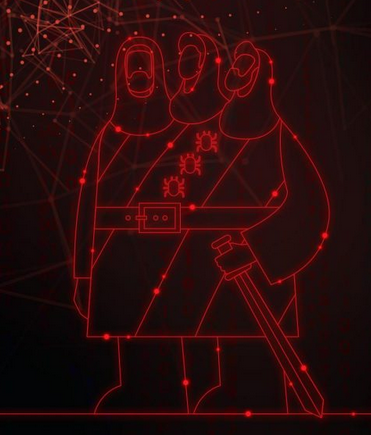A previously unknown threat group whose members speak Russian has been launching attacks against Russian industrial organizations in a highly targeted espionage campaign, Kaspersky reported on Thursday.
According to Kaspersky, the group calls its toolset MT3 and based on this the cybersecurity company has named the threat actor MontysThree. The campaign will be detailed on Thursday at Kaspersky’s second SAS@Home event.
MontysThree has been active since at least 2018, but Kaspersky has not found any links between this group and other known advanced persistent threats (APTs).
Denis Legezo, senior security researcher with Kaspersky’s Global Research and Analysis Team, told SecurityWeek that the hackers have only been seen targeting the IT networks of industrial entities and there is no indication that they have also targeted industrial control systems (ICS).
MontysThree, Kaspersky says, relies on a piece of malware that has four modules. One of them has loader functionality and is responsible for delivering the main payload. The loader is hidden inside a self-extracting RAR archive that references contact lists, medical test results or technical documentation in order to convince the employees of the targeted organization to download the file.
The loader uses steganography to evade detection, with the main payload being hidden inside a bitmap image file. The main payload uses encryption to evade detection and protect C&C communications.
The malware allows the attackers to steal Microsoft Office and PDF documents, capture screenshots, and collect information on the compromised machine in order to help the hackers determine if it might be of interest to them. The stolen information is hosted on public cloud services from Google, Microsoft and Dropbox, making it more difficult to detect attacks, Kaspersky said.
Based on the lures used by the hackers, the language artifacts found in the malware, and the fact that it only targets Windows devices configured to use Cyrillic script, Kaspersky believes the members of the MontysThree group are Russian speakers and they target Russian entities.
“Some samples contain account details used for communicating with public cloud services, which pretend to be of Chinese origin. Taking into consideration all the aforementioned Cyrilic artefacts, we consider these account names to be false flags,” Kaspersky said in its report. “We also saw some grammatical errors in the malware’s English log message strings.”
The cybersecurity firm says MontysThree is not as sophisticated as other groups it has seen, but it’s still not a threat that should be ignored.
“Some aspects of the malware – logging in RAM and files at the same time, keeping the encryption keys in the same file, running an invisible browser on the remote RDP host – seem immature and amateurish in terms of malware development,“ Kaspersky said. “On the other hand, the amount of code and therefore effort invested, in MontysThree is significant. The toolset demonstrates some tech-savvy decisions: Storing 3DES key under RSA encryption, custom steganography to avoid IDS and the use of legitimate cloud storage providers to hide the C2 traffic.”
Related: Pandemic Leads to Rise in Industrial Systems Targeted Via RDP: Report
Related: Industrial Suppliers in Japan, Europe Targeted in Sophisticated Attacks
Related: New Kaspersky Tool Helps Attribute Malware to Threat Actors













